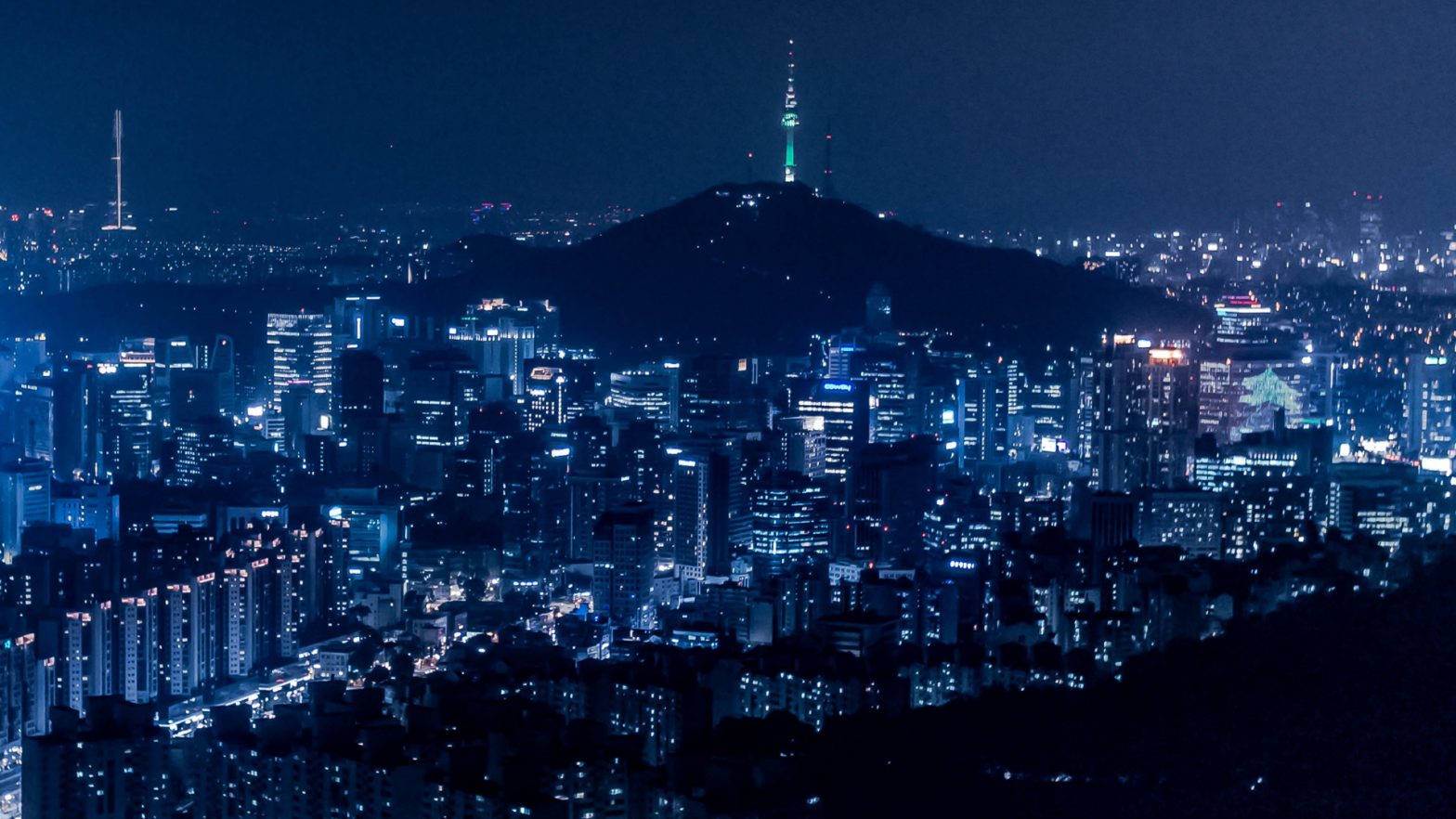IURC Asia & Australasia Partner Country: Republic of Korea
Country Description
Over the past years under a green growth strategy, different authorities have launched a number of initiatives on urbanisation, including green and smart city projects, eco-friendly energy towns and others. For instance, a number of ministries organised competitions and trial projects to partner with local governments to establish and develop projects, which include the Greening Cities project, the EcoRich City Competition, the Smart Grid Test-Bed project, the Climate Change Adaptation Model City project, the Eco-city project, the Low-Carbon, Green Village project and many more. These pilot projects galvanised local citizens’ attention as they brought in new investments and enhanced the image of their cities.
In mid-2020, the finalised roadmap for the Korean New Deal was announced by President Moon Jae-in as one of the first medium- to long-term economic recovery strategies to emerge from the global COVID-19 crisis. The ambitious plan intends to provide important impulses for the country’d export-dependent economy amid the aftermath of the COVID-19 pandemic as well as to accelerate an all-encompassing nationwide digitalisation of Korea. The total investment sum (combination of central government and private investments) for the project period between 2020 and 2025 amounts to 160.0 trillion KRW (121.2 billion EUR) divided into the three pillars of the Digital New Deal, Green New Deal and “Strengthening of the employment and the social safety nets.”
The goal of the New Deal is to kickstart a fundamental structural change of the Korean economy and society through a shift towards what the government coined “Smart Country” based on their DNA (Data, Network, AI) principle, while also pushing towards “Green Country” (Net-Zero Emissions) and “Safe Country” (solid employment environment). Here, direct investments by the government as well as facilitating investments from the private sector aim to overcome the economic loss in the wake of the COVID-19 pandemic, stimulate new job growth as well as transform Korea from a fast follower to a leading global economy.
Previous EU-Korea City Cooperation
Korea participated both in the World Cities and IUC programmes. Within the World Cities programme, four pairings were implemented, namely Busan – Barcelona (Spain), Gwangju – Tampere (Finland), Suwon – Scottish Cities Alliance (SCA) (Scotland) and Seoul – Eindhoven (the Netherlands). Thematically, all cities focused on the development of smart city, including the subthemes of mobility, energy management, public lighting, regeneration of urban spaces, and citizen engagement. A cross-sectoral approach was the involvement of business and research sectors in order to establish cooperation between innovation centres from European and Korean cities. Results included the signing of MoUs as well as the establishment of decentralised cooperation ties still existing.
Meanwhile, results of the IUC programme in Korea include:
- Several trainings on mitigation and adaptation implemented in Gwangju in 2018 and 2019
- Review papers for the cities of Hongseong, Dangjin, Yeosu as well as for Chungnam Province and Gwangju Metropolitan City (implemented by the local institutes SHARI, KRIC and ICEC).
- Participation at the 3rd International Forum on Renewable Energy in Nov. 2020
Also, Gwangju City was involved in a webinar on cities responses to the COVID crisis implemented in March 2020.
